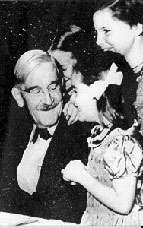

He stresses democracy's associational and communal aspects, maintaining that conscious, directed education is necessary to establish these conditions and to cultivate democratic character in students.

Democracy and Education, originally published in 1916, is his landmark work in the field and an ongoing source of influence and inspiration.ĭewey blends his philosophical pragmatism and his progressive pedagogical ideas to define the social role of education and its significance as preparation for citizenship in a progressive democratic society. I illustrate these points with a case study of community forestry groups in South Asia, whose epistemic powers have been hobbled by their suppression of women's participation.Psychology, epistemology, ethics, and politics are among the subjects on which John Dewey focused his authorial talents - but the crux of his works lies in his philosophy of education. Democratic norms of free discourse, dissent, feedback, and accountability function to ensure collective, experimentally-based learning from the diverse experiences of different knowers. It views democracy as an institution for pooling widely distributed information about problems and policies of public interest by engaging the participation of epistemically diverse knowers. Dewey's model is superior to the others in its ability to model the epistemic functions of three constitutive features of democracy: the epistemic diversity of participants, the interaction of voting with discussion, and feedback mechanisms such as periodic elections and protests.

This paper investigates the epistemic powers of democratic institutions through an assessment of three epistemic models of democracy: the Condorcet Jury Theorem, the Diversity Trumps Ability Theorem, and Dewey's experimentalist model.


 0 kommentar(er)
0 kommentar(er)
